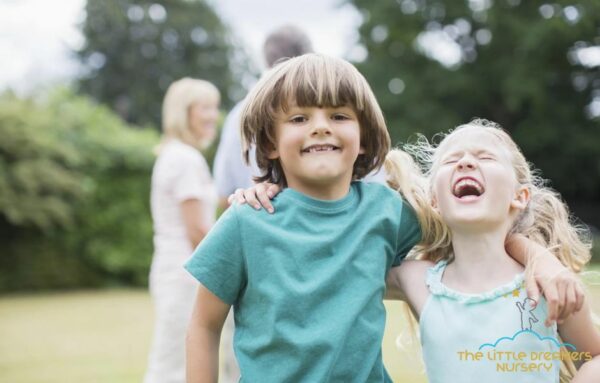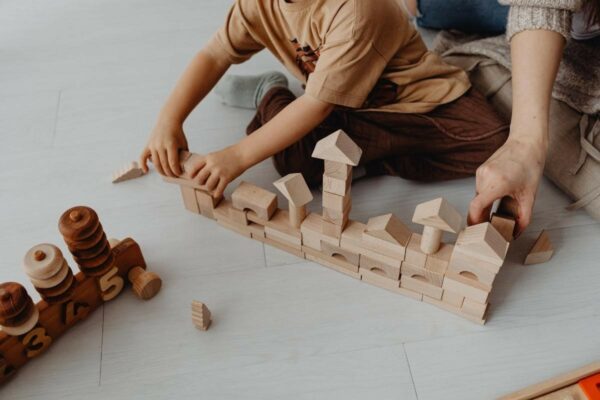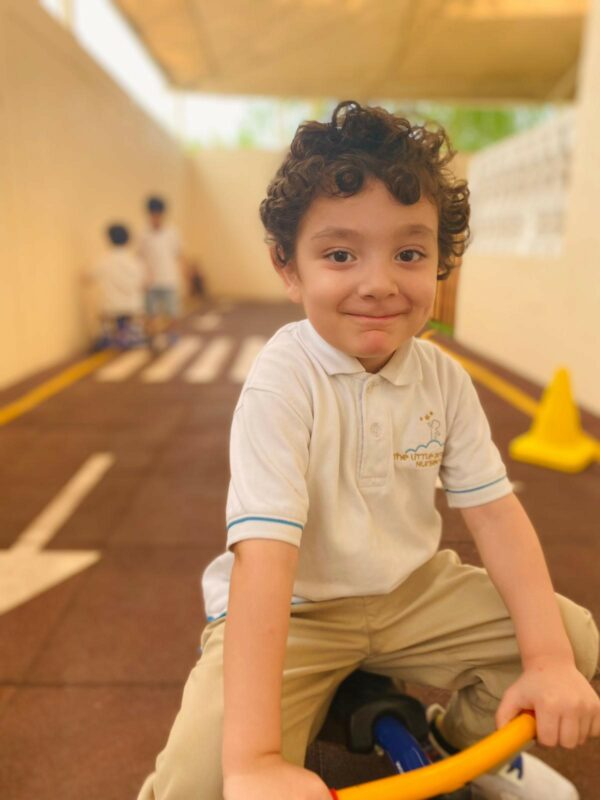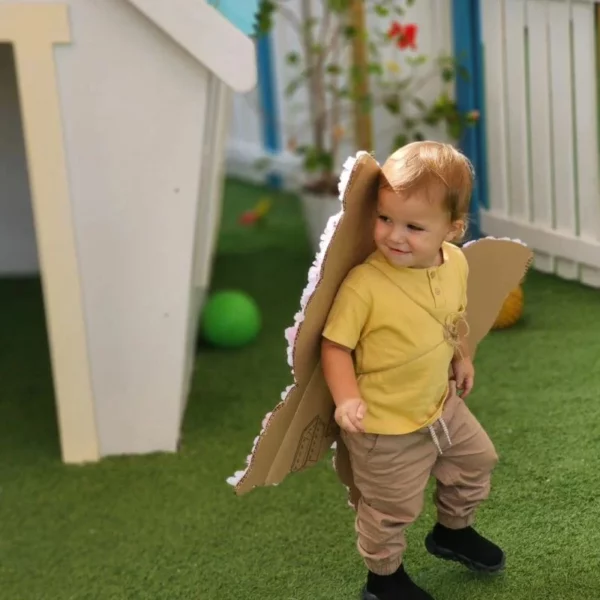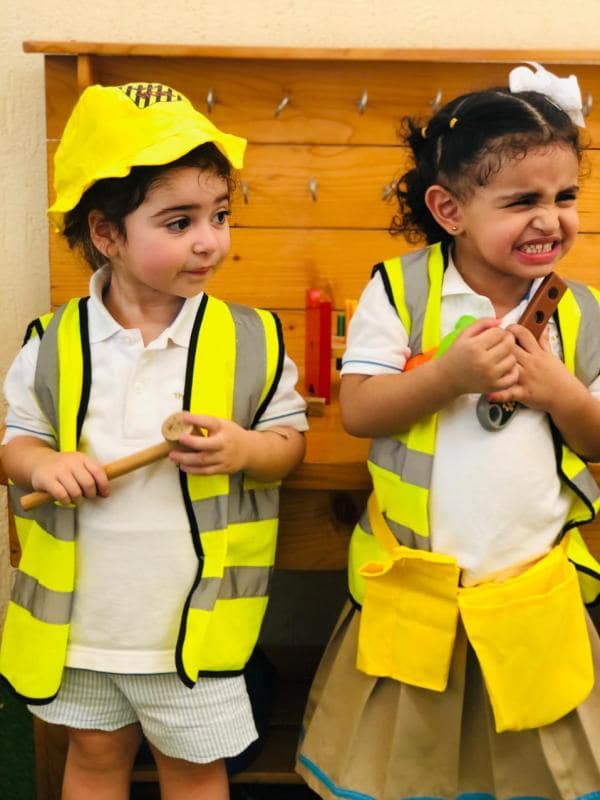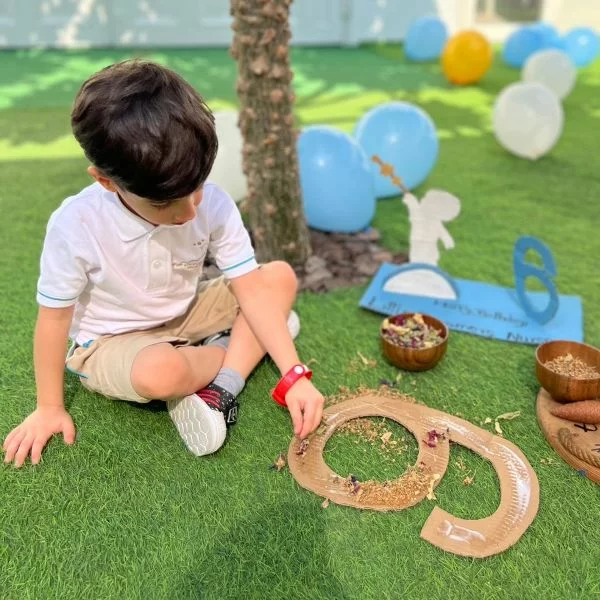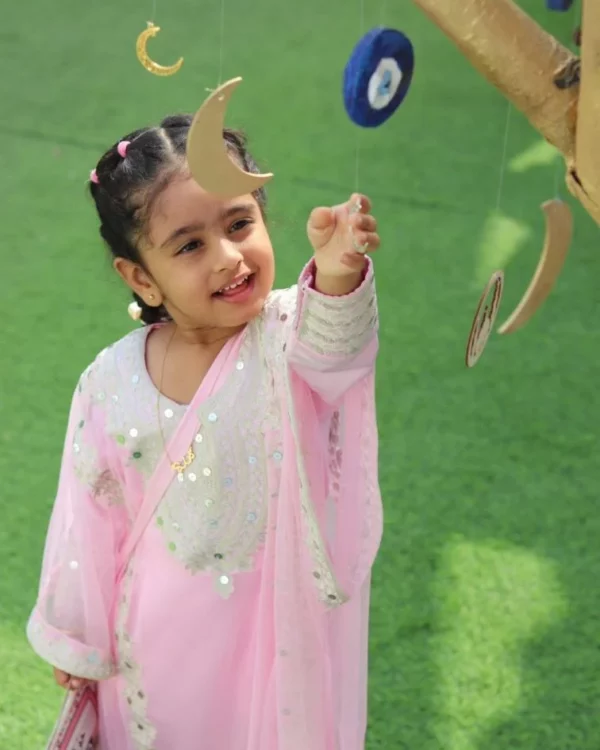What is child development?
The development of a child proceeds via distinct phases. There is a consistent pattern of Child Development Skills. Some children may go through a developmental stage more quickly than others. There are checkpoints at each stage of development. This is why many professionals refer to them as “growth milestones.” Let’s take a look at the areas of child development.
Speech and Language Development
A newborn has no preexisting linguistic knowledge. But as he or she observes how others reply verbally, his or her grasp of the language improves. Learning how to talk is a process that often takes time. A newborn will begin to respond to spoken language early on; such as making gestures or babbling. Over time, he or she develops the ability to articulate their wants and requirements through the use of language. That is the very beginning of language acquisition. When a child reaches the age of one, they begin to acquire the ability to communicate through the use of words. Object names, pronouns, etc., are all things they pick up in the following year. Then, naturally, linguistic abilities will develop with age.
What do children learn in nursery
Cognitive Child Development Skills
The ability to think, reason and grasp concepts are what we mean when talking about the cognitive domain of Child Development Skills. Cognitive childhood development can be broken down into four separate phases, as defined by developmental psychologist Jean Piaget. From the day of birth to about two years of age, people are in the sensorimotor stage of cognitive development, during which they can only perceive the world through their senses. The child starts to discover the difference between themselves and their environment. By the time a child is between the ages of two and six, they begin to use language in their observations of the world around them.
Social and Emotional Development
One of the most beneficial and valuable skills a person can acquire is the capacity to understand, and use language. Phonology is considered the study of how sounds are combined to produce words; Syntax is the study of how used words are put together in sentences; Semantics is the study of meaning and nuances of meaning; and Pragmatics is the study of how speakers interact with one another. Individual differences exist in the timing of the development of verbal communication skills; however, many two-year-olds are already capable of at least telegraphic speech, wherein short sentences convey the substance of a demand or need.
Fine Motor Skill Child Development Skills
Child Development Skills and human movement development are linked to the maturation of neural and muscular tissue. Muscles contract and relax to enable even the most fundamental of life’s actions. This requires the maturation of the infant’s muscular structure, so that appropriate movements may be made. As a result of the strain fixed on the skeleton when grasping or carrying heavy objects, bone density must increase. Even the most basic types of movements require a great deal of muscle effort.

Gross Motor Skill Development
As a child develops, they go through many stages of movement. These are the major developments, such as sitting up, standing up, walking, and running. The body’s muscles must be sufficiently strong and healthy at each developmental stage. For example, once an infant has been sitting for a while, they will soon realize that their legs are strong enough the stand up, with the help of activities and games.
Change, growth, and regression occur simultaneously across many areas of Child Development Skills. Children always experience some degree of change in all areas of development. By gaining awareness and showing your support for your child in each area, this will benefit their development.
Read more about Child Development skills:
When we think about how children learn and grow, we often focus on what they see, hear, and touch. But one of the most powerful—and underrated—senses is smell. From a parent’s familiar perfume to the scent of a favorite blanket, smells have the unique ability to shape a child’s memories, emotions, and even their sense…
Raising a multilingual child in a diverse, fast-changing city like Dubai is both a gift and a challenge. On one hand, your child is gaining the ability to speak multiple languages, connect across cultures, and expand their worldview. On the other, they may begin to question: Where do I truly belong? This blog explores what…
We live in an age of instant gratification. Food arrives at our doors with a tap. Cartoons are always one click away. Answers come faster than ever. But for young children still developing key life skills, this fast-paced world can make learning patience feel nearly impossible. If your child melts down in the face of…
It’s easy to get swept up in the world of Montessori parenting. Between sleek Instagram posts and influencer reels featuring shelves lined with neutral-toned wooden toys, it’s no wonder parents feel pressure to fill their homes with a perfectly curated set of “Montessori-approved” materials. But let’s pause for a moment. Are these high-end toys really…
Lying. It’s one of those behaviors that can catch even the most seasoned parent off guard—especially when it comes from your sweet, wide-eyed toddler. You might find yourself wondering: “Why would my two-year-old lie about spilling juice or hiding their toy?” Rest assured, lying in toddlers is not a sign of bad behavior or a…
In a world filled with instant gratification, flashy toys, and ever-growing wish lists, teaching children to be truly grateful can feel like swimming against the tide. Modern parenting isn’t just about raising smart or successful children — it’s about raising thankful ones. If you’ve ever wondered how to teach gratitude in an age of abundance,…
“Don’t touch that, or you’ll get hurt.” “Stop jumping on the couch, or you’ll fall.” We’ve all said these things — often with love, urgency, and a deep desire to protect our children. But here’s a truth that may surprise you: Sometimes the most powerful lessons don’t come from what we say. They come from…
We live in a world where success is often celebrated while failure is quietly swept under the rug. As parents, the instinct to shield our children from pain is powerful — we tie their shoes before they trip, intervene before they falter, and sometimes carry their burdens just to make life easier. But what if…
“I don’t want my children to struggle the way I did—but I also don’t want them to give up at the first sign of failure.” Sound familiar? In today’s world of instant gratification, helicopter parenting, and a culture quick to label discomfort as danger, many parents worry that their children aren’t developing the resilience they’ll…
It starts playing on your conscience —after bedtime, during school drop-off, or when you miss a school event. That persistent, heavy feeling that whispers, “You’re not doing enough.” This is parent guilt, and if you’re reading this, you’ve probably felt it more than once. Whether you’re a stay-at-home parent, a working or a working one,…


